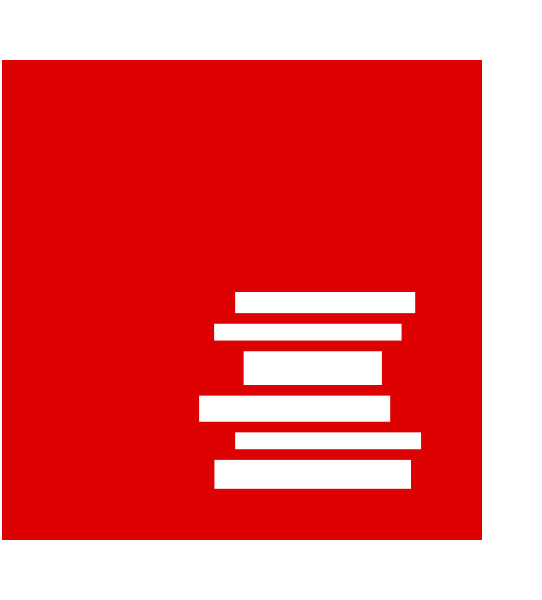
Prof. Holger Wormer
TU Dortmund
Principal Investigator
holger.wormer@tu-dortmund.de
Good science and good journalism are ultimately very similar – if you bring them together systematically, as the RRC does, the odds are also in favour of better science communication.

Prof. Dr. Julika Griem
KWI Essen
Principal Investigator
julika.griem@kwi-nrw.de
Science communication is not a package delivery service. We need a more differentiated knowledge of science to deal with the vagaries and ambiguities of its communication.
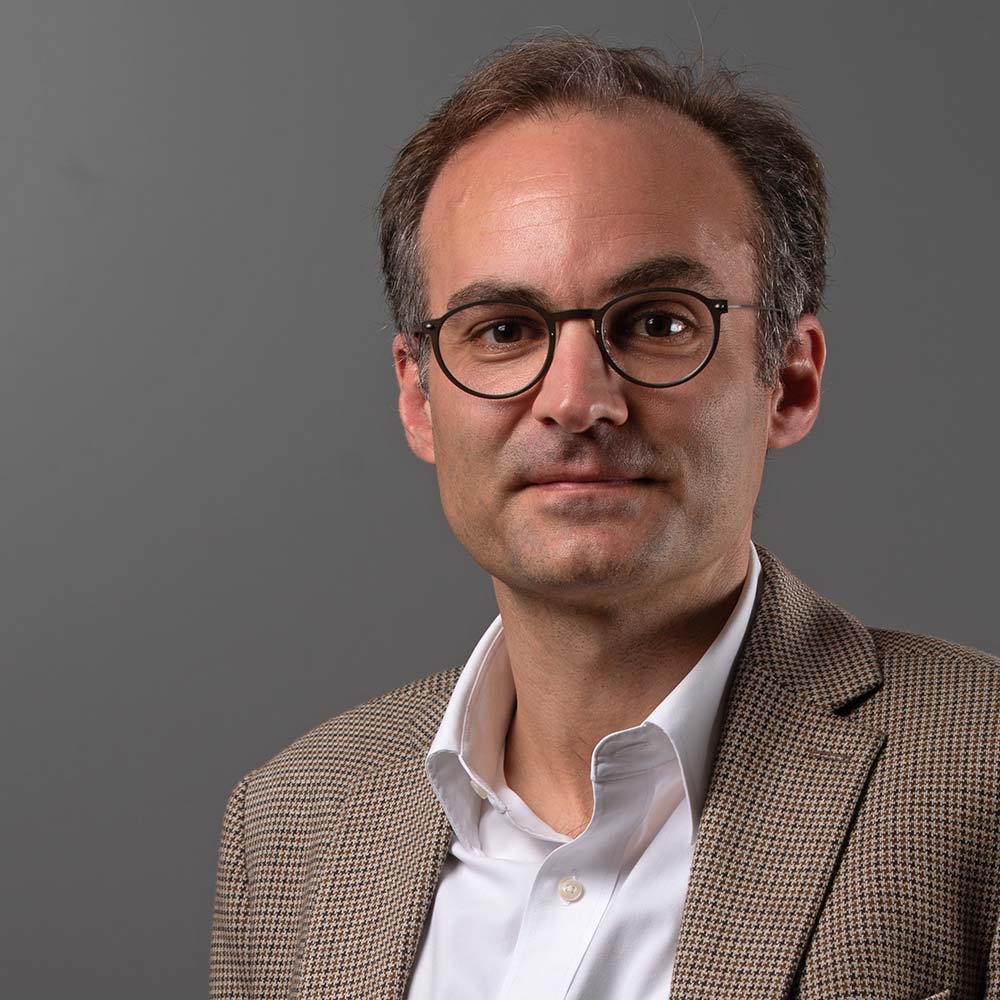
Prof. Dr. David Kaldewey
Forum Internationale Wissenschaft (FIW), Universität Bonn
Principal Investigator
kaldewey@uni-bonn.de
As a sociologist of science, I am interested in the question of how different actors can make good decisions in the face of complex problems and multiple scientific facts.

Prof. Dr. Oliver Ruf
Hochschule Bonn-Rhein-Sieg
Principal Investigator
oliver.ruf@h-brs.de
For me, science communication research implies aesthetic questions. As I specialise in Media Cultural Studies and Design Theory, I am interested in answering them.
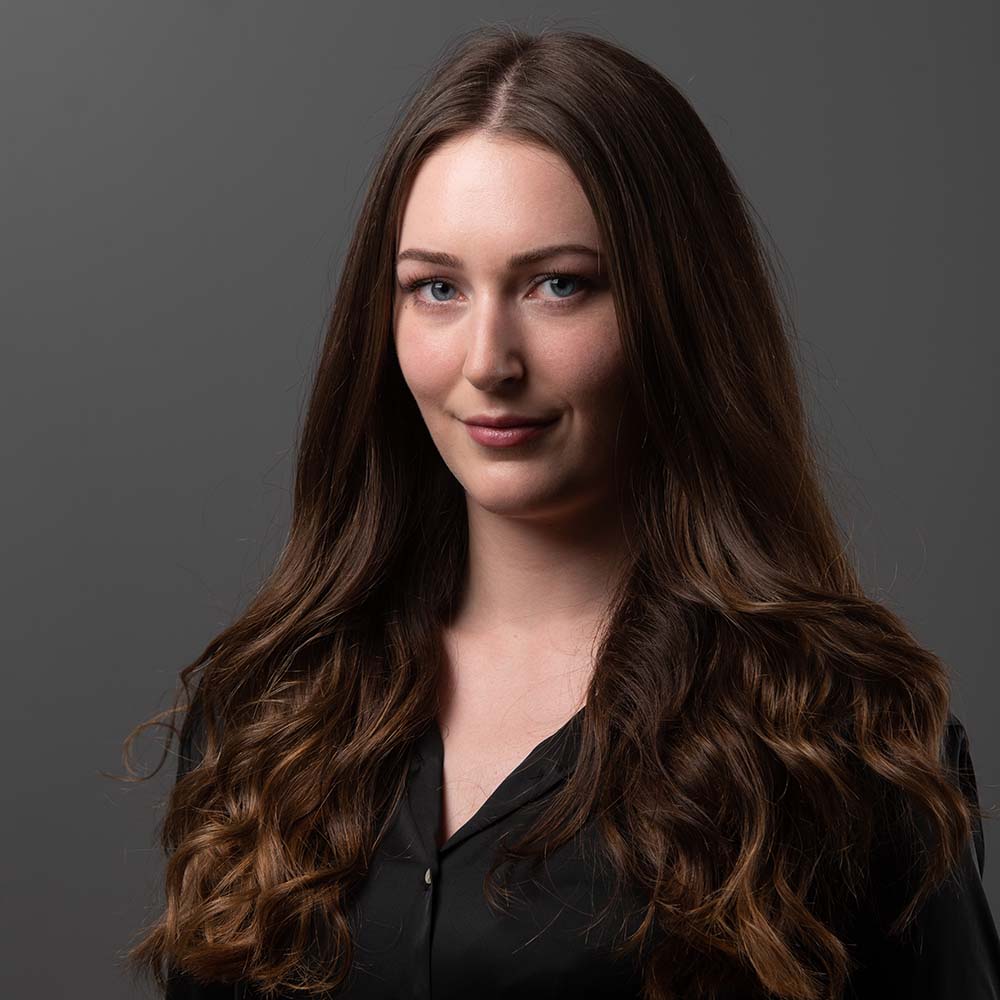
Aleksandra Vujadinovic
TU Dortmund / Hochschule Bonn-Rhein-Sieg
Managing Director / Doctoral student
aleksandra.vujadinovic@tu-dortmund.de / aleksandra.vujadinovic@h-brs.de
In addition to coordinating the RRC, as a media culture scholar, I examine scientific discourses and phenomena whose relevance is also legitimised by aesthetic arguments.
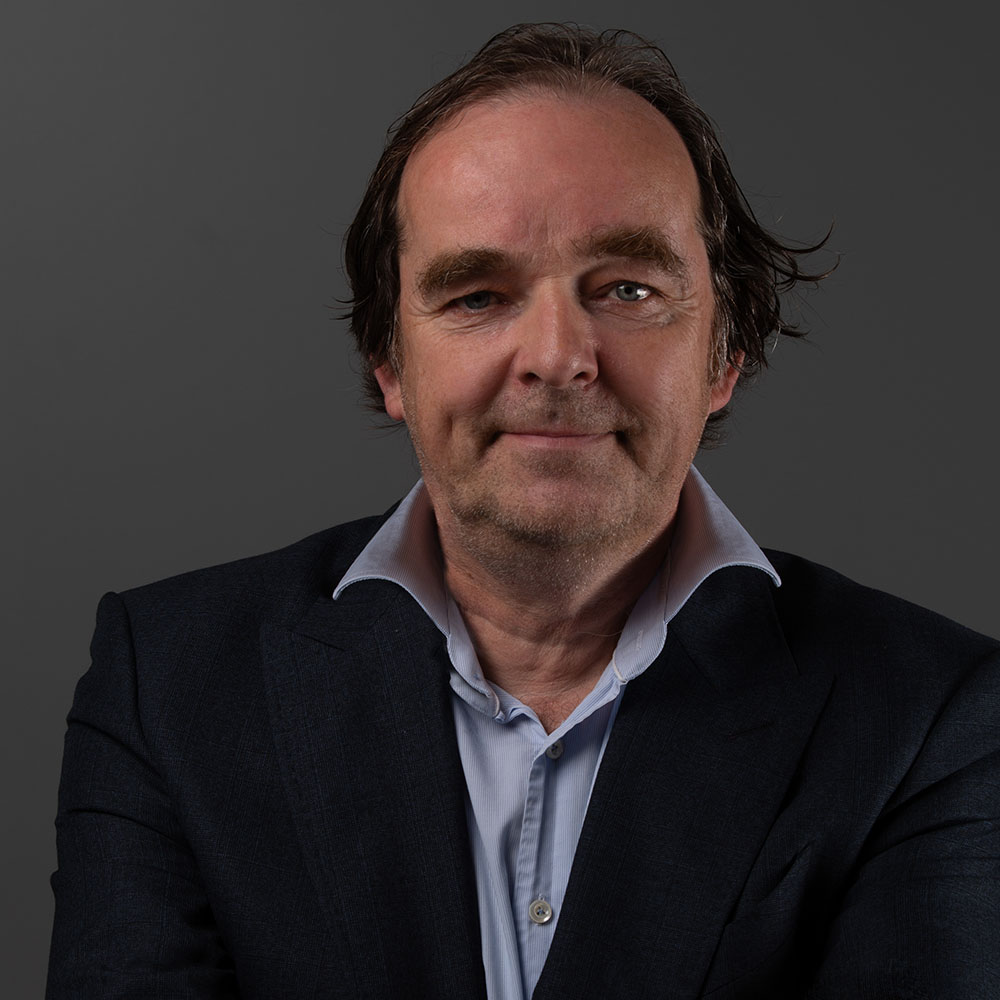
Volker Stollorz
Science Media Center
Cooperation Partner
volker.stollorz@sciencemediacenter.de
As one of the RRC’s cooperation partners, the SMC will develop quality criteria through two quality circles that will enable journalists to communicate relevant and robust research findings from the Humanities and Social Sciences.

Holger Hettwer
WPK
Cooperation Partner
holger.hettwer@wpk.org
Scientific data and expertise are the foundation on which decisions for society are based. With the Research³-workshops, we contribute to assessing the quality of data-based conclusions.

Dr. Annette Schöneck
KWI Essen
Postdoc
annette.schoeneck@kwi-nrw.de
I am fascinated by the interaction between science and society. The Living Handbook of Science Communication and Science Studies explores this interface.
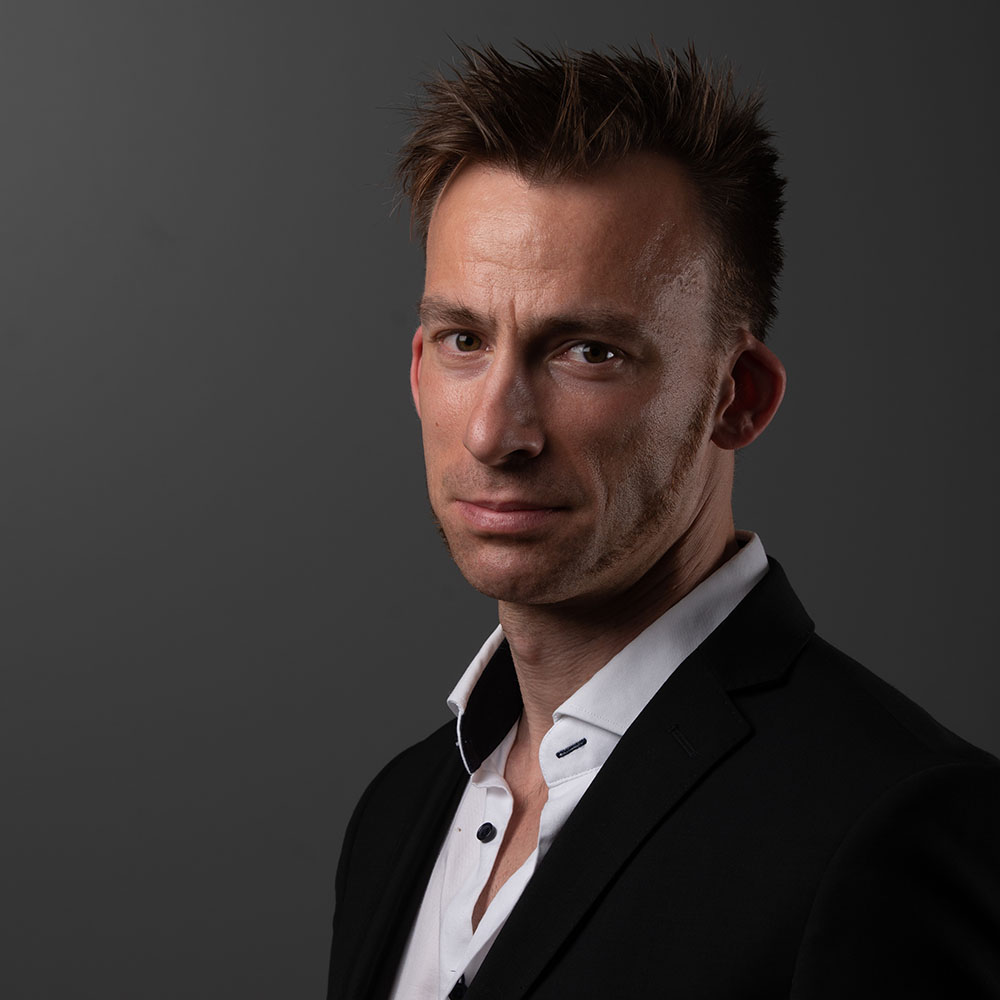
Dr. Pascal Berger
Forum Internationale Wissenschaft (FIW), Universität Bonn
Postdoc
pascal.berger@uni-bonn.de
I research the Corona pandemic with a special focus on knowledge selection: What knowledge do the media, politics, law and science resort to – and what patterns can be discerned?
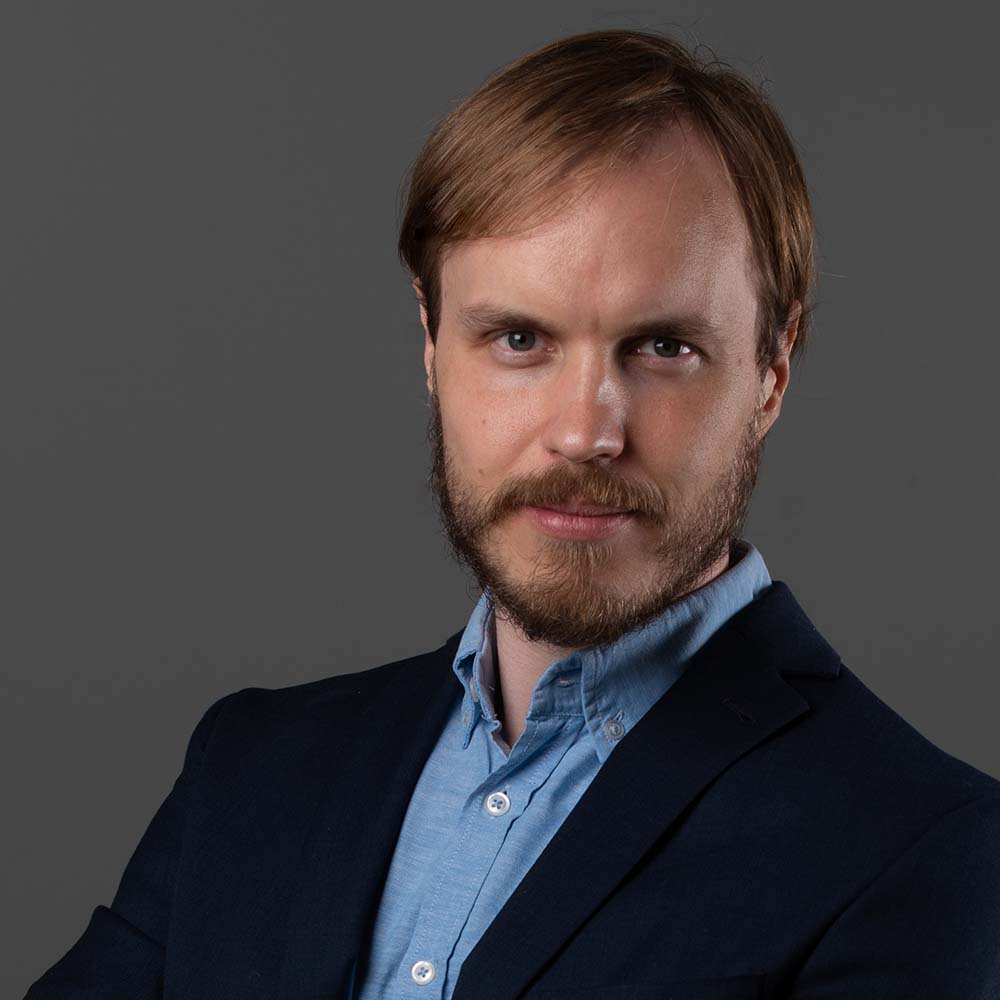
Dr. Andreas Sieß
Hochschule Bonn-Rhein-Sieg
Postdoc
andreas.siess@h-brs.de
As a designer, I am interested in the aesthetics of science communication – to what extent do techniques and tools rub off on the articulations of science?

Frauke Domgörgen
Forum Internationale Wissenschaft (FIW), Universität Bonn
Doctoral Student
fdomgoer@uni-bonn.de
How do identity concepts, digital communication structures and discursive spaces of possibility influence science communication? I am dedicated to answering this question.
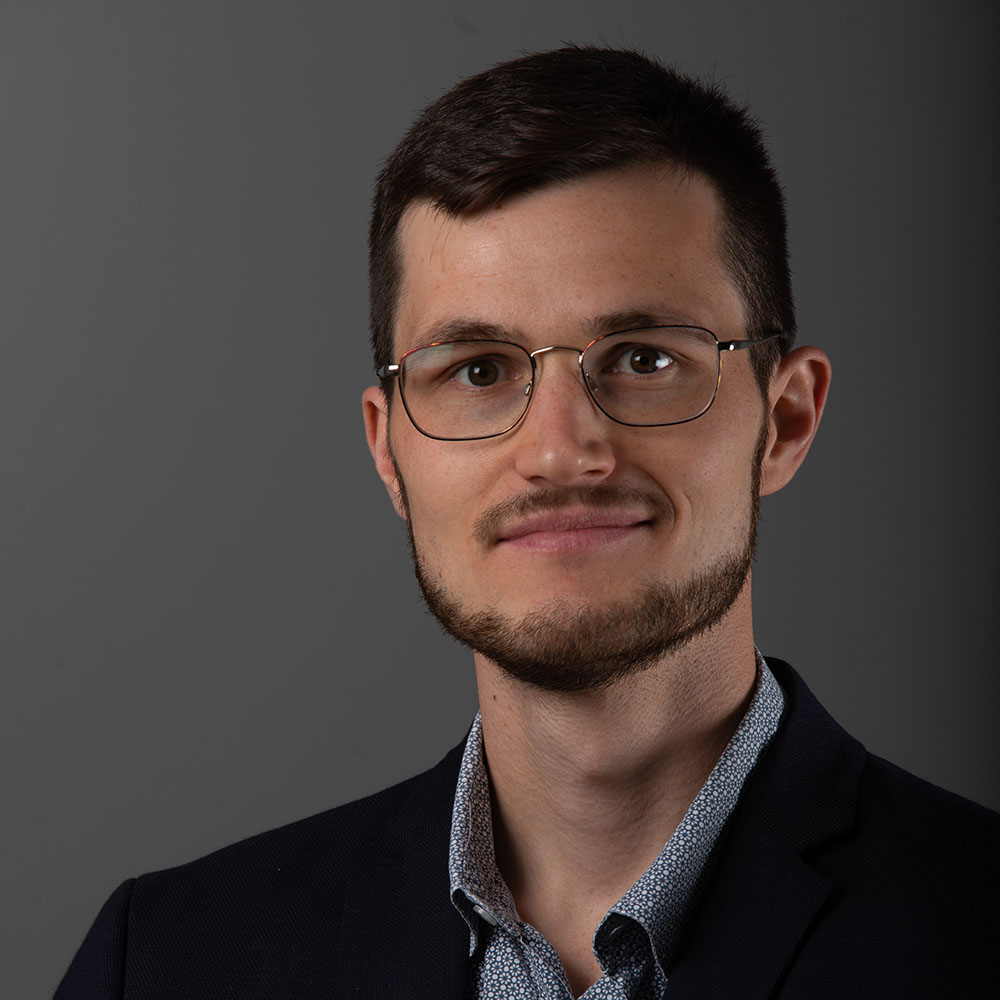
Tobias Kreutzer
TU Dortmund
Doctoral Student
tobias2.kreutzer@tu-dortmund.de
Good science communication does not view science monolithically. Disciplinary approaches and especially impulses from the Social Sciences hold the key to a paradigm shift.
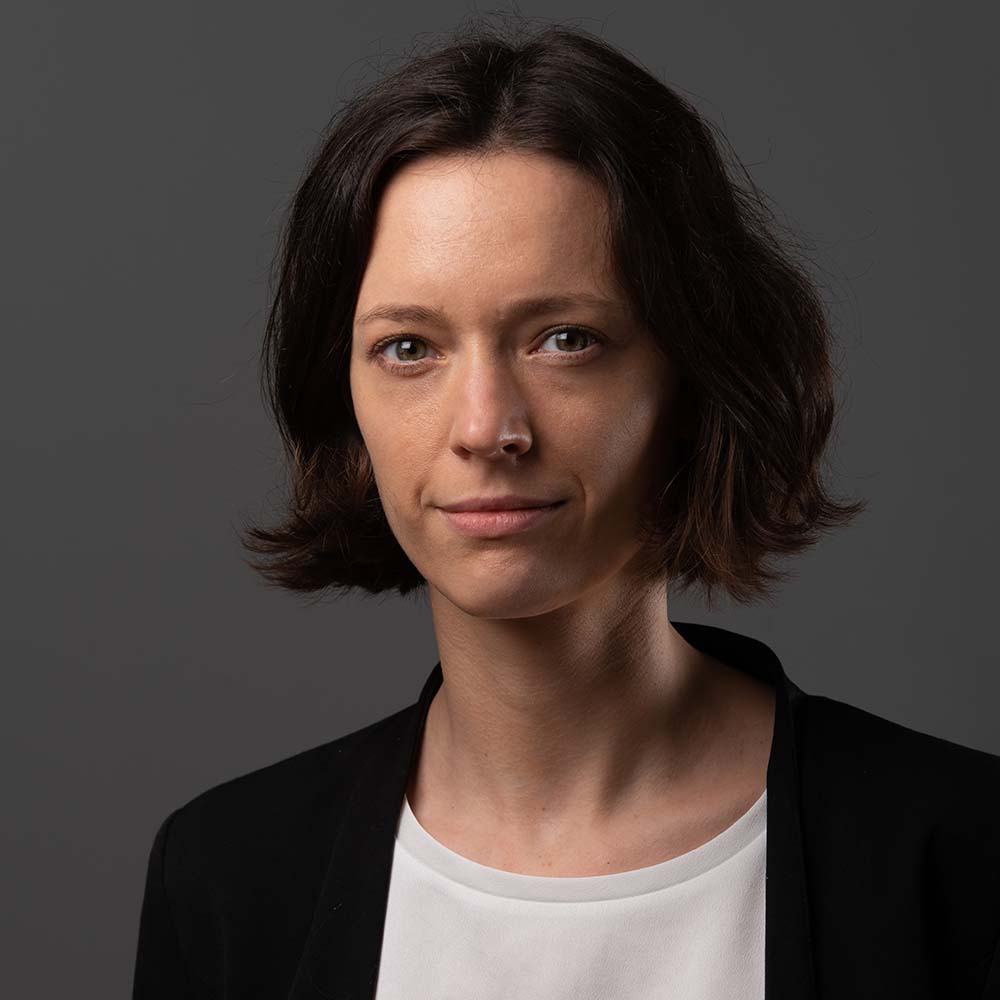
Sarah Tober
KWI Essen
Doctoral Student
sarah.tober@kwi-nrw.de
I am interested in a cultural studies perspective on science communication that looks at forms and narratives.

Tobias Tönsfeuerborn
Uni Bonn
Doctoral Student
toensfeuerborn@uni-bonn.de
I am particularly interested in the conditions under which sociology engages in public communication, and in how this shapes both its relationship with the public sphere and the practice of sociological science communication.
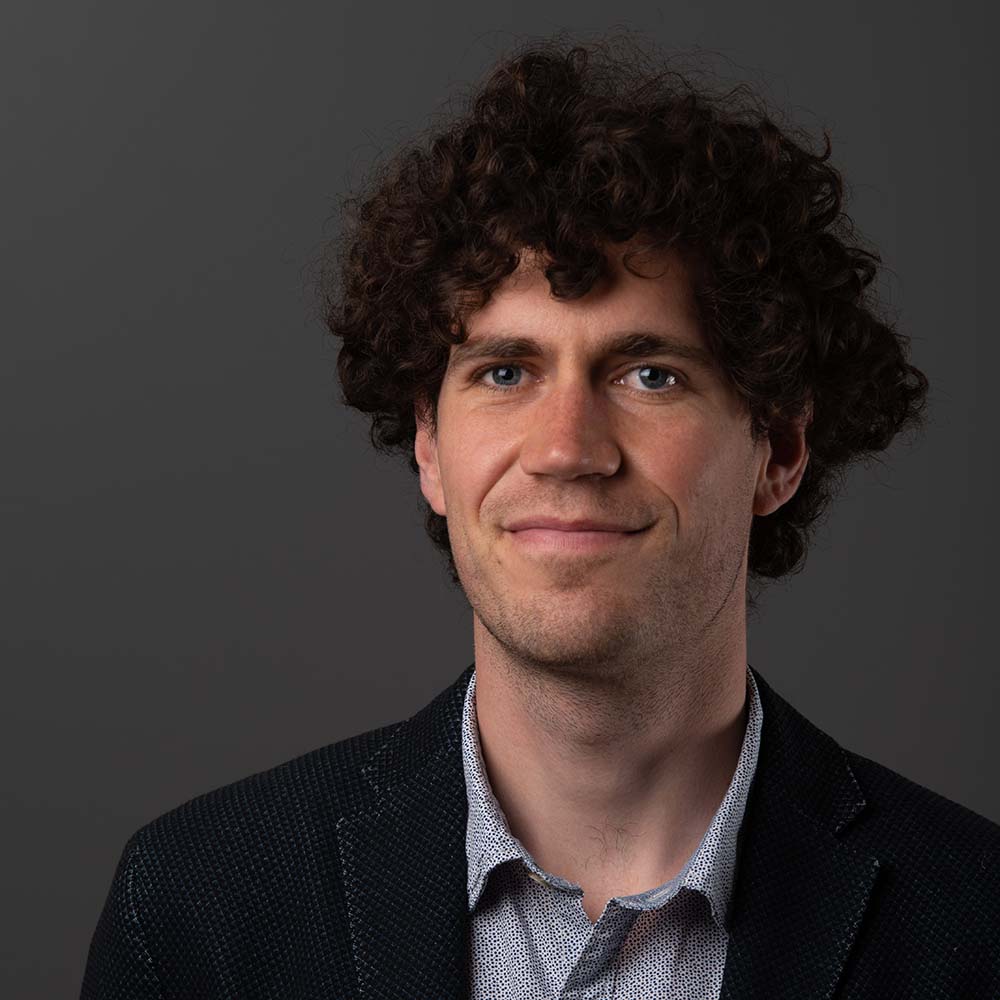
Hendrik Boldt
Science Media Center Germany
Researcher in Residence
hendrik.boldt@sciencemediacenter.de
As Researcher in Residence at SMC, I investigate how Sociology and Philosophy can contribute to public discourse and how journalism can make these disciplines more visible as sciences.
Alumni

Dr. Laura Morris
TU Dortmund
Managing Director
In addition to the overall coordination of the RRC, it is my concern as a literary scholar to strengthen the transfer of knowledge from the Social Sciences and Humanities to journalism through the RRC’s quality circles.

Dr. Stefan Priester
Forum Internationale Wissenschaft (FIW), Universität Bonn
Postdoc
Arguing from a differentiation-theoretical perspective, I use the example of science podcasts to examine the digitalisation of communication and its consequences.

Emma Lehmkuhl
TU Dortmund
Student Assistant
Science journalism must not only communicate research results, but also the underlying methods and knowledge gains – and that is for different disciplines.

Dr. Martina Franzen
KWI Essen
Postdoc
Science communication is more than just providing information. Creative approaches are needed to make research findings from Science Studies more usable for different target groups.
